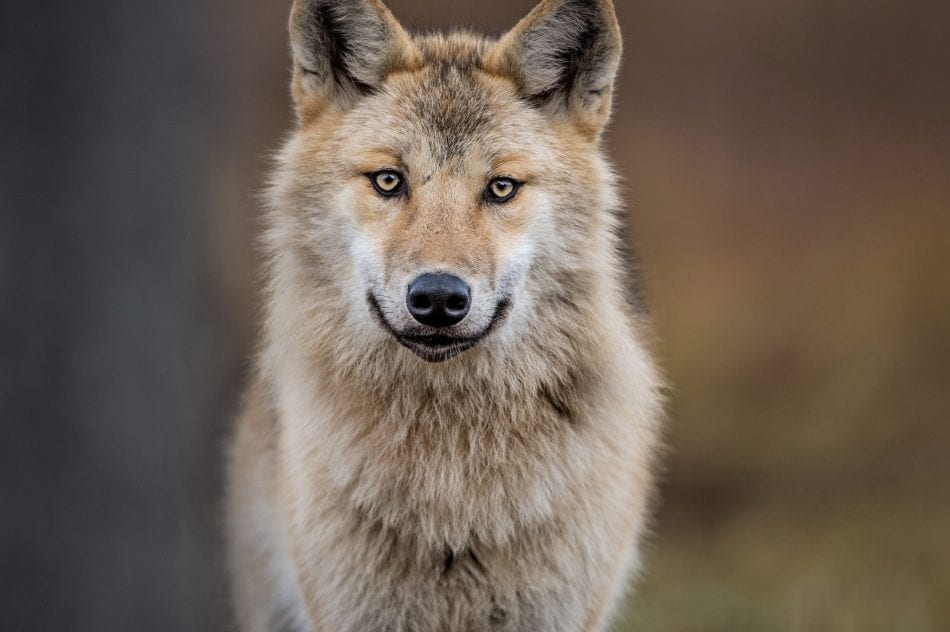While most of America was paying attention to the messy madness surrounding the presidential elections, environmentalists in Colorado were quietly celebrating a little victory: the passing of Proposition 114, which tasks Colorado Parks and Wildlife with crafting a plan to reintroduce wolves to the state by 2023.
Not everyone was happy with the passing of the measure. According to the Denver Post, a led by elk hunters, farmers, and cattle ranchers lamented it as a “bad policy,” arguing that the return of wolves could damage rural economies that are based on livestock and hunting. Wolf supporters, however, celebrated what they saw as the start of a wildlife management shift away from prioritizing hunting and agricultural interests toward a holistic re-balancing of ecosystems by restoring a predator.
Additionally, advocates who have pushed to introduce and protect wolves in Idaho, Wyoming, Montana, New Mexico, and Arizona argue that Colorado is a final step in a 40-year effort to return wolf populations that were hunted into extinction in the 1920s.
The decision to reintroduce wolves to Colorado comes just a week after the White House made the head-scratching decision to scrap the protection of gray wolf populations under the Endangered Specials Act, which has protected the canines since 1978.
While most of America was paying attention to the messy madness surrounding the presidential elections, environmentalists in Colorado were quietly celebrating a little victory: the passing of Proposition 114, which tasks Colorado Parks and Wildlife with crafting a plan to reintroduce wolves to the state by 2023.
Not everyone was happy with the passing of the measure. According to the Denver Post, a led by elk hunters, farmers, and cattle ranchers lamented it as a “bad policy,” arguing that the return of wolves could damage rural economies that are based on livestock and hunting. Wolf supporters, however, celebrated what they saw as the start of a wildlife management shift away from prioritizing hunting and agricultural interests toward a holistic re-balancing of ecosystems by restoring a predator.
Additionally, advocates who have pushed to introduce and protect wolves in Idaho, Wyoming, Montana, New Mexico, and Arizona argue that Colorado is a final step in a 40-year effort to return wolf populations that were hunted into extinction in the 1920s.
The decision to reintroduce wolves to Colorado comes just a week after the White House made the head-scratching decision to scrap the protection of gray wolf populations under the Endangered Specials Act, which has protected the canines since 1978.
This content was originally published here.

